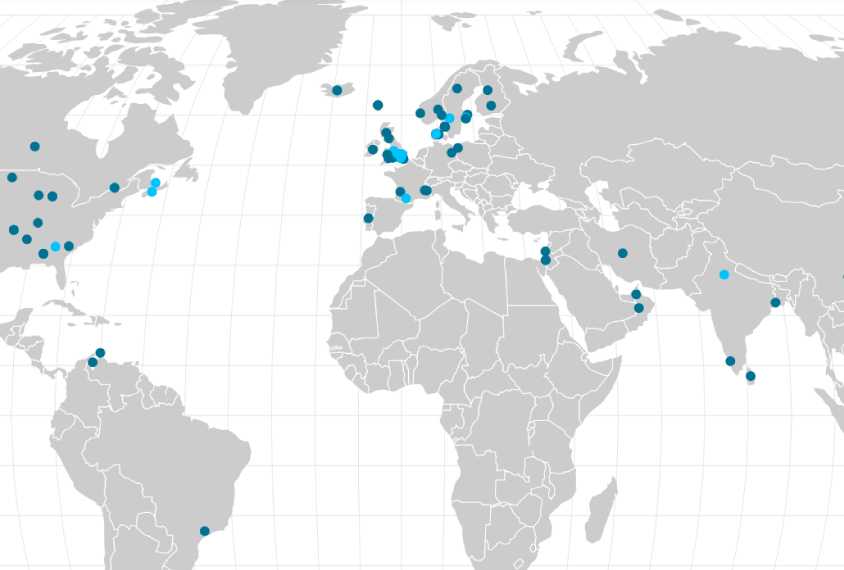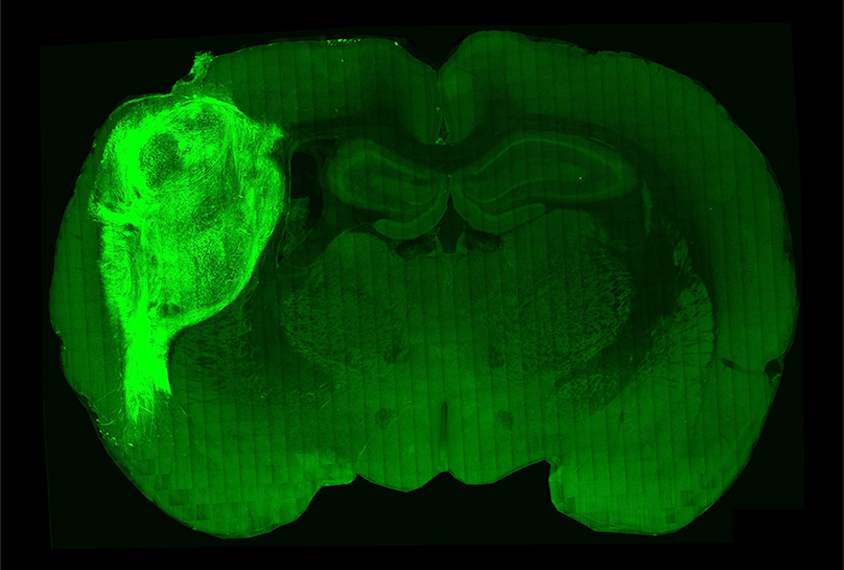Spectrum
From this contributor
Map of global autism prevalence
View an interactive map of studies on autism prevalence around the world. The map highlights places where information is available — and places where information is missing.
Introducing ‘Synaptic,’ a new podcast from Spectrum
Explore the people, the science and the challenges in autism research.
Journal Club: Meta-analysis oversells popular autism screen
The Modified Checklist for Autism in Toddlers (M-CHAT) accurately flags autistic toddlers, a new systematic review and meta-analysis suggests, contrary to past evidence that the tool’s validity varies depending on a child’s age and traits. Experts weigh in on the discrepancy.

Journal Club: Meta-analysis oversells popular autism screen
40 under 40
In 2022, we asked our profile subjects and sources to flag rising stars in their labs or among their former students. The result is this list of 40 young researchers who are working on autism-related science across the globe.
Hot topics in autism research in 2022
This year saw the debut of ever-more complex techniques to grow and analyze brain organoids and other 3D tissue cultures, among other advances.
Explore more from The Transmitter
Astrocytes orchestrate oxytocin’s social effects in mice
The cells amplify oxytocin—and may be responsible for sex differences in social behavior, two preprints find.

Astrocytes orchestrate oxytocin’s social effects in mice
The cells amplify oxytocin—and may be responsible for sex differences in social behavior, two preprints find.
Neuro’s ark: Spying on the secret sensory world of ticks
Carola Städele, a self-proclaimed “tick magnet,” studies the arachnids’ sensory neurobiology—in other words, how these tiny parasites zero in on their next meal.

Neuro’s ark: Spying on the secret sensory world of ticks
Carola Städele, a self-proclaimed “tick magnet,” studies the arachnids’ sensory neurobiology—in other words, how these tiny parasites zero in on their next meal.
Autism in old age, and more
Here is a roundup of autism-related news and research spotted around the web for the week of 2 March.

Autism in old age, and more
Here is a roundup of autism-related news and research spotted around the web for the week of 2 March.



